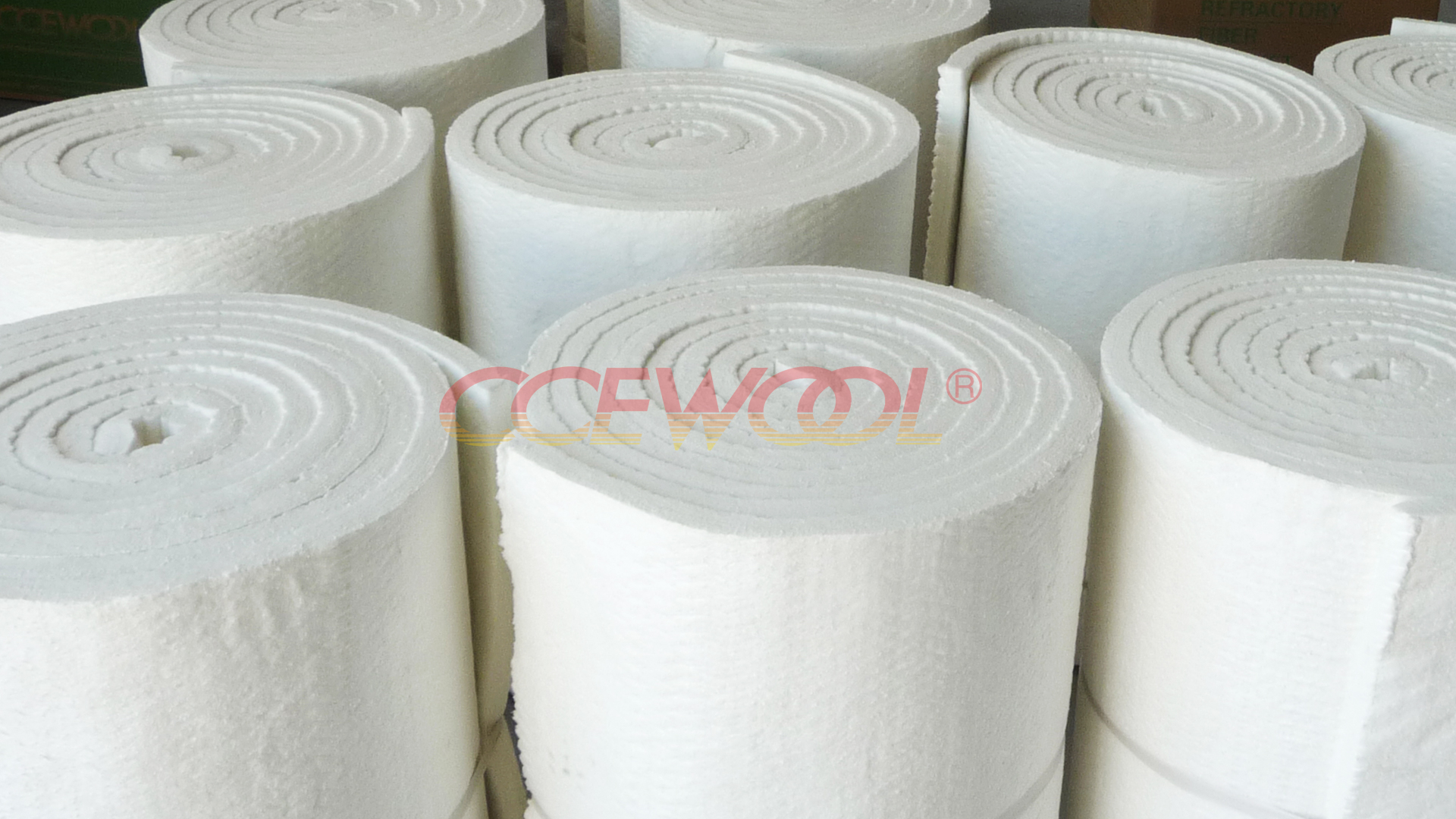What are the advantages of ceramic fiber?
- 04 Nov, 2024
- Industry

In high-temperature industrial fields, ceramic fiber is highly favored for its outstanding performance, making it an ideal choice for industrial insulation. CCEWOOL® ceramic fiber is made from high-purity aluminosilicate material, manufactured using advanced production processes to ensure high quality and stability. Here are the key advantages of CCEWOOL® ceramic fiber in its applications:
- Excellent High-Temperature Resistance
CCEWOOL® ceramic fiber exhibits exceptional high-temperature resistance, withstanding temperatures up to 1430°C, making it suitable for high-temperature industrial environments such as metallurgy, petrochemicals, power generation, and glass manufacturing. In these industries, CCEWOOL® ceramic fiber effectively reduces surface temperatures, protecting equipment and personnel and enhancing operational safety. - Superior Thermal Insulation
CCEWOOL® ceramic fiber has a low thermal conductivity, providing outstanding insulation performance that is approximately 20% more effective than traditional refractory materials. This significantly reduces energy consumption and saves on energy costs, making it an ideal insulation material for various industrial furnaces and high-temperature pipelines. - Excellent Thermal Shock Resistance
CCEWOOL® ceramic fiber has exceptional resistance to thermal shock, maintaining stability in environments with rapid temperature changes without cracking or deforming. Its unique fiber structure effectively absorbs thermal stress, making it reliable in equipment with frequent temperature fluctuations. - Lightweight, Durable, and Easy to Install
CCEWOOL® ceramic fiber is lightweight and low-density, which simplifies installation without adding structural burden to equipment. Its high strength and flexibility mean it is resistant to damage during installation and offers a long service life. Ceramic fiber products are also easy to cut and customize into various shapes, meeting diverse application needs. - Environmentally Friendly and Safe
CCEWOOL® ceramic fiber products contain no harmful substances, meet ISO 9001 quality management standards, and are environmentally safe. The low-dust characteristics of ceramic fiber further enhance workplace cleanliness and reduce health risks to workers. - Stable Chemical Properties
CCEWOOL® ceramic fiber exhibits stable chemical properties in high-temperature environments, resisting most chemical corrosion, including acidic and alkaline substances. When used in moist or oily environments, it can restore its original thermal and physical properties once dried. - Extensive Application Fields
CCEWOOL® ceramic fiber is widely used in numerous industries, such as steel, power generation, petrochemicals, ceramics, and glass. Applications include furnace linings, insulation layers, pipeline insulation, and furnace door seals, which not only improve energy efficiency in industrial production but also extend the service life of equipment.
As a globally recognized ceramic fiber brand, CCEWOOL® is committed to providing high-quality thermal insulation solutions for customers. With advanced technology, a comprehensive product line, and excellent service, CCEWOOL® ceramic fiber offers safe, energy-efficient, and environmentally friendly high-temperature insulation products to industries worldwide, helping clients enhance production efficiency, reduce costs, and create greater value.



